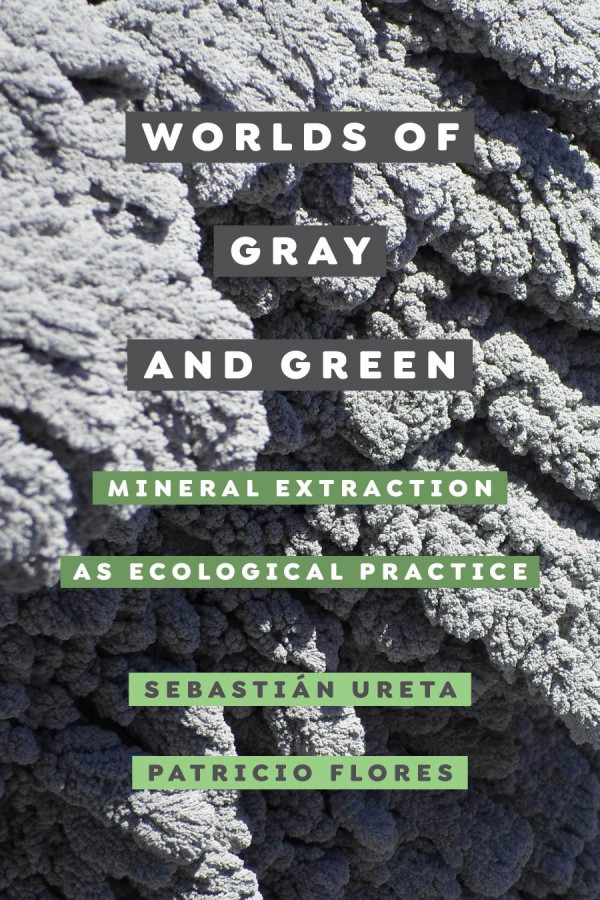

Most ebook files are in PDF format, so you can easily read them using various software such as Foxit Reader or directly on the Google Chrome browser.
Some ebook files are released by publishers in other formats such as .awz, .mobi, .epub, .fb2, etc. You may need to install specific software to read these formats on mobile/PC, such as Calibre.
Please read the tutorial at this link: https://ebookbell.com/faq
We offer FREE conversion to the popular formats you request; however, this may take some time. Therefore, right after payment, please email us, and we will try to provide the service as quickly as possible.
For some exceptional file formats or broken links (if any), please refrain from opening any disputes. Instead, email us first, and we will try to assist within a maximum of 6 hours.
EbookBell Team

0.0
0 reviewsThe Anthropocene has arrived riding a wave of pollution. From "forever chemicals" to oceanic garbage patches, human-made chemical compounds are seemingly everywhere. Concerned about how these compounds disrupt multiple lives and ecologies, environmental scholars, activists, and affected communities have sought to curb the causes of pollution, focusing especially on the extractive industries. In Worlds of Gray and Green, authors Sebastián Ureta and Patricio Flores challenge us to rethink extraction as ecological practice. Adopting an environmental humanities analytic lens, Ureta and Flores offer a rich ethnographic exploration of the waste produced by Chile's El Teniente, the world's largest underground mine. Deposited in a massive dam, the waste—known as tailings—engages with human and non-human entities in multiple ways through a process the authors call geosymbiosis. Some of these geosymbioses result in toxicity and damage, while others become the basis of lively novel ecologies. A particular kind of power emerges in the process, one that is radically indifferent to human beings but that affects them in many ways. Learning to live with geosymbioses offers a tentative path forward amid ongoing environmental devastation.